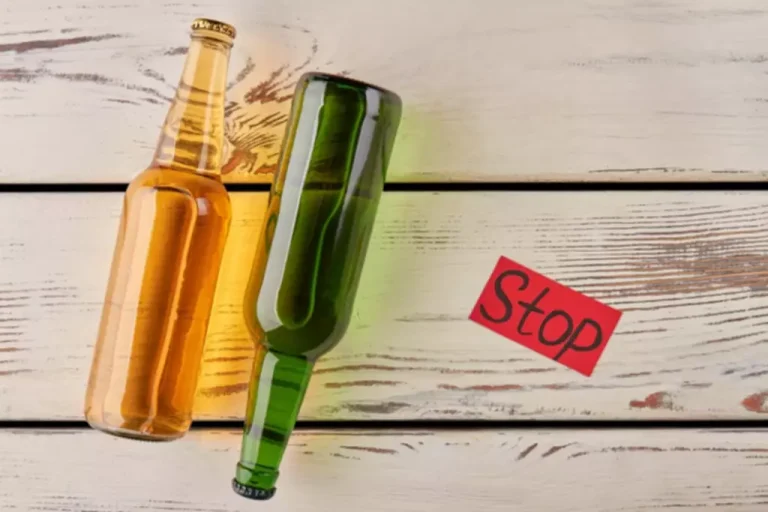No products in the cart.
Sleep disturbances and nightmares were also assessed; these significantly improved over time but there was no effect of medication. We are not aware of other studies that have specifically investigated neuroimmune factors in PTSD in the context of AUD, which precluded any comparisons to the literature. This cross-sectional study cannot imply a causal association between inflammation, trauma, and other clinical measures. The study sample was not selected for PTSD, and thus, a limited number of participants were available for subgroup analysis.

But, unfortunately, sometimes traumatic events in childhood can negatively impact a person’s sense of safety and belonging. Childhood trauma is unfortunately quite common, with two out of every three children experiencing at least one traumatic event before age 16.11 This might include things like witnessing or experiencing physical violence, the death of a parent or caregiver, neglect, or emotional abuse. It’s common for people who experience PTSD to also struggle with alcohol abuse or abuse of other substances. Many people who experience a traumatic event may use alcohol as a means to cope with experiencing extreme stress. PTSD manifests through various signs and symptoms, which may include intrusive memories, negative changes in mood and cognition, avoidance of reminders of the traumatic event, and alterations in arousal and reactivity.
One study (Petrakis et al. 2012) found that the active control, desipramine, was more effective than the serotonergic medication in terms of alcohol use outcomes. Desipramine (and the other tricylic antidepressants) are considered second line medications by the VA/DoD Clinical Practice Guidelines ptsd and alcohol abuse (The Management of Substance Abuse Use Disorders Working Group 2009). Despite the contradictory results, this review suggests that individuals with AUD and comorbid PTSD can safely be prescribed medications used in non-comorbid populations and patients improve with treatment.

We are dedicated to transforming the despair of addiction into a purposeful life of confidence, self-respect and happiness. We want to give recovering addicts the tools to return to the outside world completely substance-free and successful. Childhood trauma can increase the risk of developing alcohol use disorder (AUD) in adulthood. One 2020 study explored the direct and indirect links between types of childhood trauma to PTSD and alcohol misuse. Another trial evaluated retention based on participant provision of a urine sample at the end of 12 weeks. If you or a loved one is struggling with alcoholism and co-occurring PTSD, recovery is possible.
Despite being allocated to distinct groups, women, hospital inpatients, and participants with refugee backgrounds (all women) were underrepresented in the sample. All participants had an AUD which is, in itself, a modulatory factor for neuroimmune status. We are unable to confirm the accuracy of recall of past adverse events and other forms of reporting bias as several of the variables were constructed from personally sensitive self-report data. Further, calculation of standard alcohol units is approximate as the possibility of a wide variation in the ethanol concentration of locally brewed beverages cannot be ruled out. Future adequately sampled studies should account for confounders of inflammatory mediators in blood, and the comparison group should include a healthy control as well as isolated disorders. Epigenetic changes relevant to hypothalamic pituitary adrenal axis response have been found to correlate with specific childhood abuse and its repetitiveness [66].
People should also note that those with AUD may already be dehydrated, and further dehydration due to exercise may place people at an increased risk of seizures. Keep reading to learn more about AUD, including who is at risk, common symptoms, treatment, and more. SoberBuzz is not just an organisation; it’s a lifeline for those who may be questioning their relationship with alcohol and are seeking guidance on how to navigate this journey of change.

With a knowledge of what you can drink, you’ll feel more at ease before arriving, making social interactions more enjoyable and stress-free. Explaining your decision to friends is a vital step in your journey towards a more empowered, healthier you. It’s important to frame it positively to help your loved ones understand your motivations better. Ultimately, just know it’s ok to not drink, loads of people do for many reasons but they all boil down to the same thing, they want to live a life that makes them feel good, proud and in control.

Leave a Reply